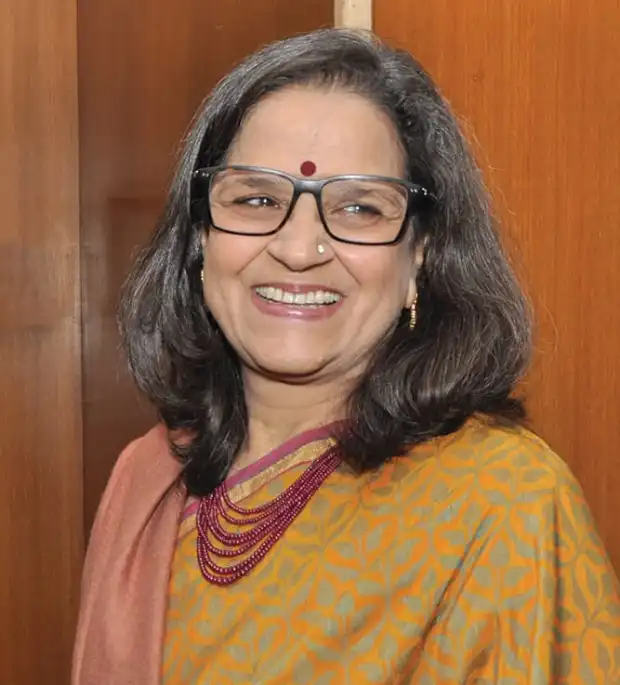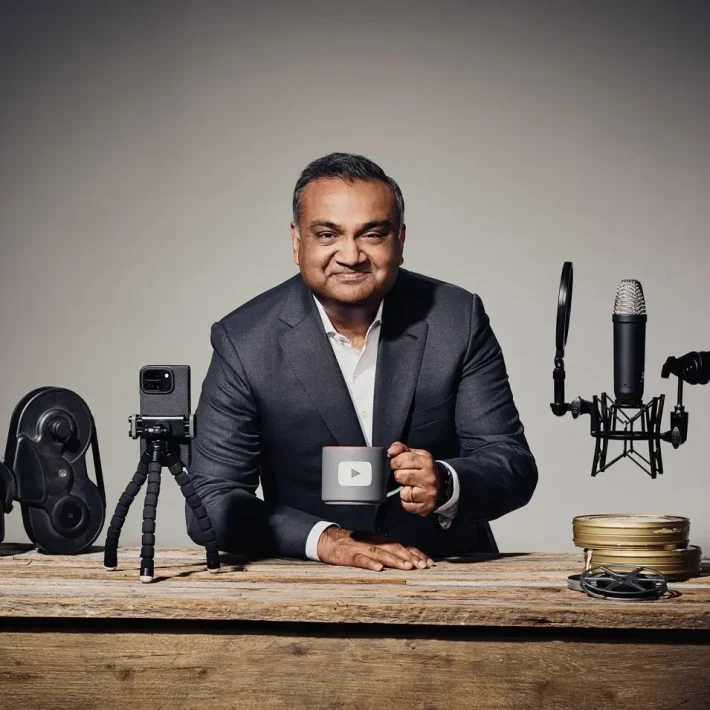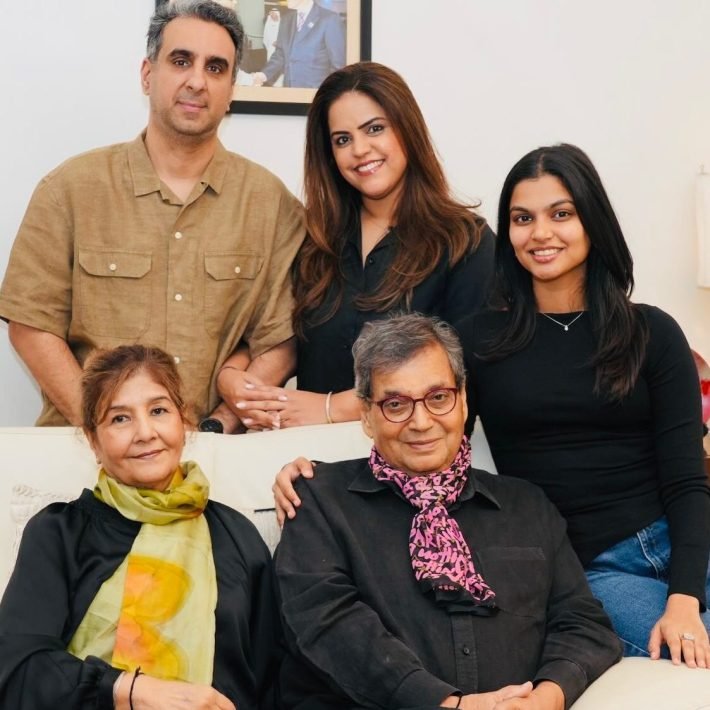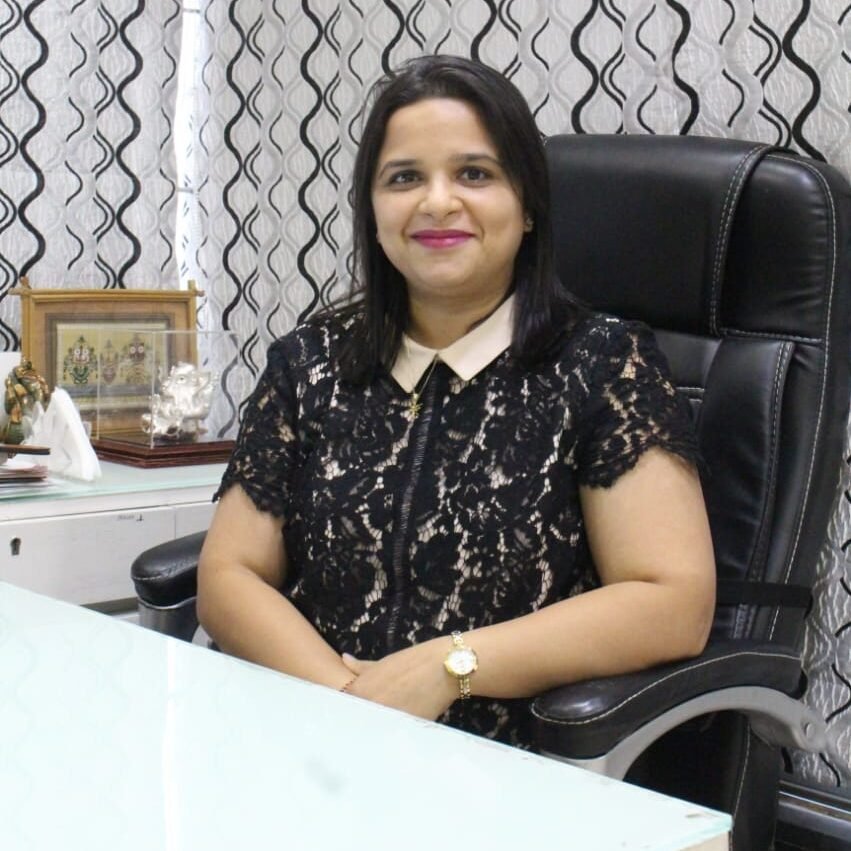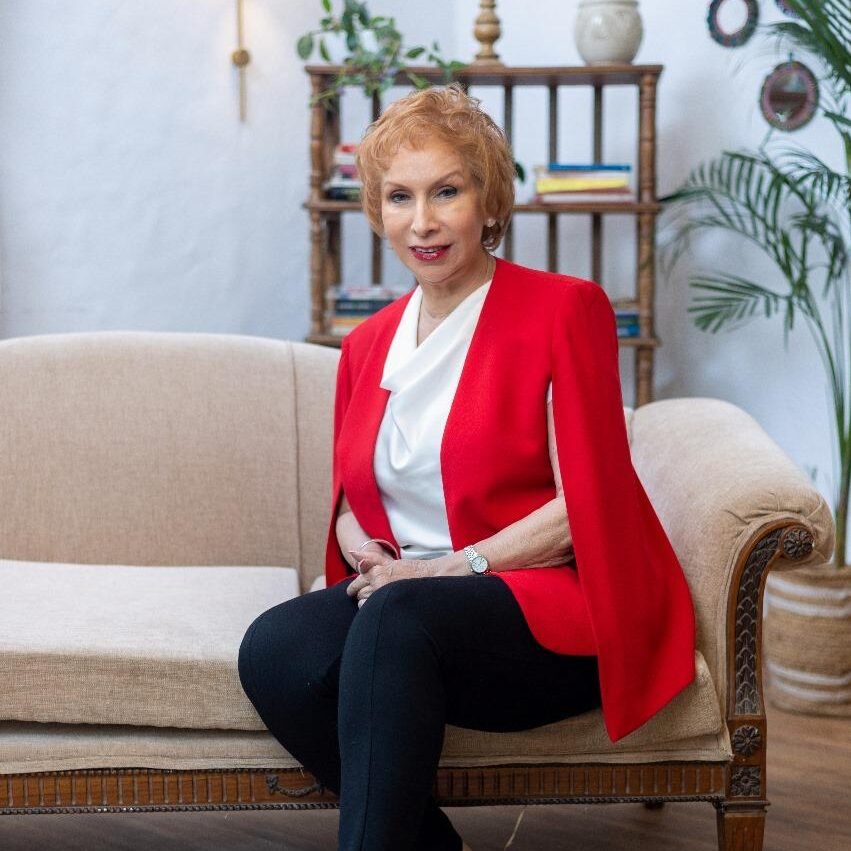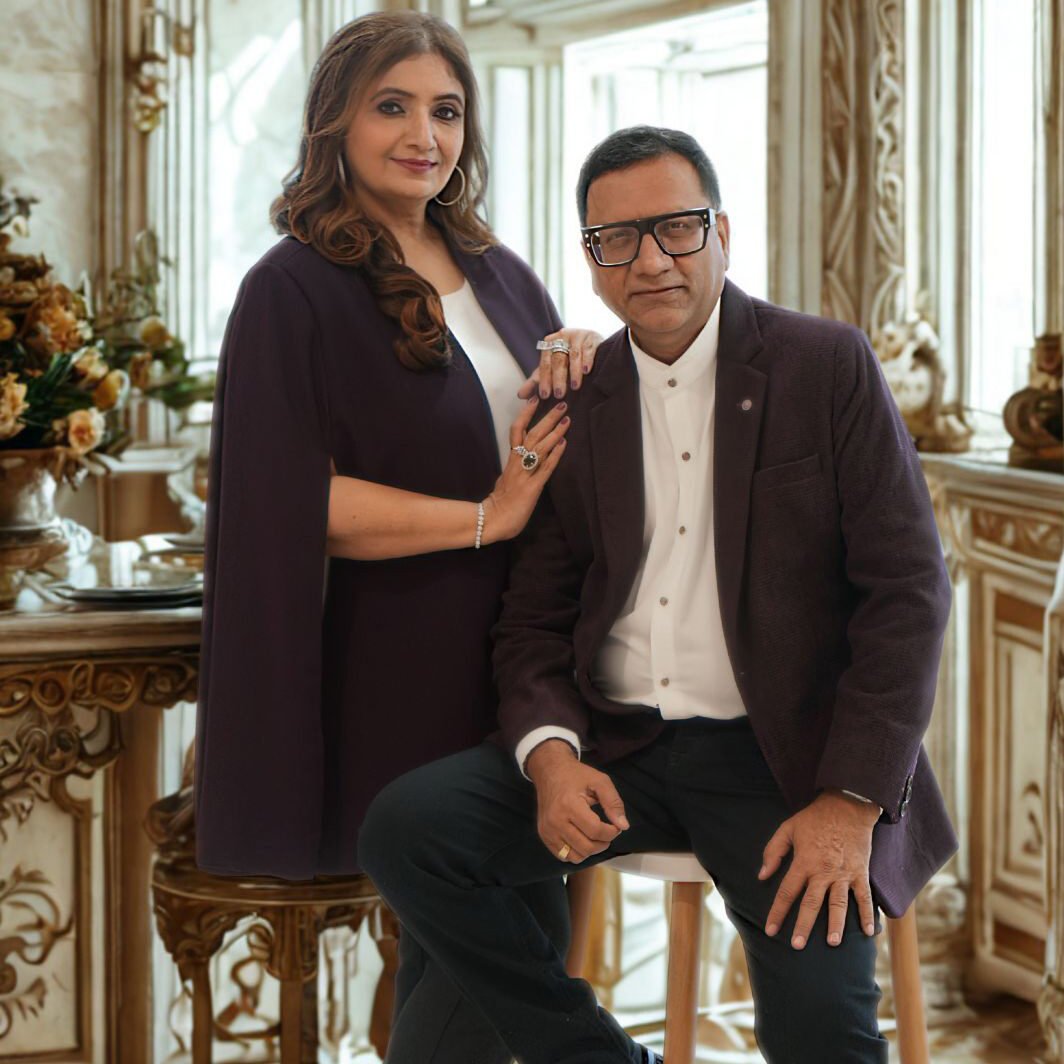Passionate trailblazer. Pioneering leader. Dedicated champion. Namita Gautam, Managing Trustee of Sleepwell Foundation, the CSR arm of Sheela Foam Ltd, makers of India’s largest mattress brand Sleepwell, is committed to uplifting the lowest strata of society. Changing the world through Emotional Wellness & Skill Development is her goal, and she pursues it relentlessly.
By Andrea CostaBir
What was the defining moment in your life that ignited your passion for emotional wellness and skill development? How did it shape your vision for the Sleepwell Foundation?
The defining moment that ignited my passion for emotional wellness happened in 2004 when I attended a 10-day workshop on emotional wellness conducted by the Sanjivini Society for Mental Health. It’s then that I truly understood how crucial emotional wellness is to overall well-being, especially in relation to sleep; a vital insight for our business at Sheela Foam, which is related to mattresses. I recognised that even the best mattresses couldn’t ensure good sleep if individuals were grappling with emotional disturbances. This realisation encouraged me to advocate for proactive emotional wellness, particularly in a society where the mental health stigma is widespread. That’s why, instead of using the term “mental”, we embraced “emotional wellness” to create wider acceptance of emotional health.

We kicked off our journey with a wellness conclave aimed at engaging influential decision-makers. By raising awareness among respected figures and influencers, we hoped to create a ripple effect in communities.
The Nirbhaya case aftermath shaped our vision to address the root causes of societal problems, including violence. This led us to reach out to teenagers in underprivileged areas, organising counselling and skill development workshops — training community members to become counsellors. And we started this initiative in the same colony where the culprits of the Nirbhaya case lived. The idea was that a counsellor from the disreputed community would be more relatable and accepted.
Moving on to skill development, my journey in this area began way back in 1991 when the industrial climate of the country changed. To face it effectively, we started skilling and upskilling our employees at all levels. Later, my tenure as treasurer and president of FICCI FLO, strengthened my belief that skill development is the only way to achieve our goals.
It also led us to adopt Jijabai ITI for women, New Delhi, having 600 young women trainees pursuing 30 courses under a public private partnership scheme of the Government of India. It aimed at aligning training with industry needs. It was a very satisfying experience as we made a sizeable impact there.
And when the CSR Act came into force, we established our Sleepwell Skill Development Center in Mirpur village of Khurja (UP). It gave us an opportunity to fulfil our vision for meaningful community engagement. I am very proud of it. The state-of-the-art centre is like an oasis in the desert, making a difference in the lives of hundreds of rural youth every year.
What role do you believe emotional wellness plays in shaping a more equitable society, particularly for under-served communities?
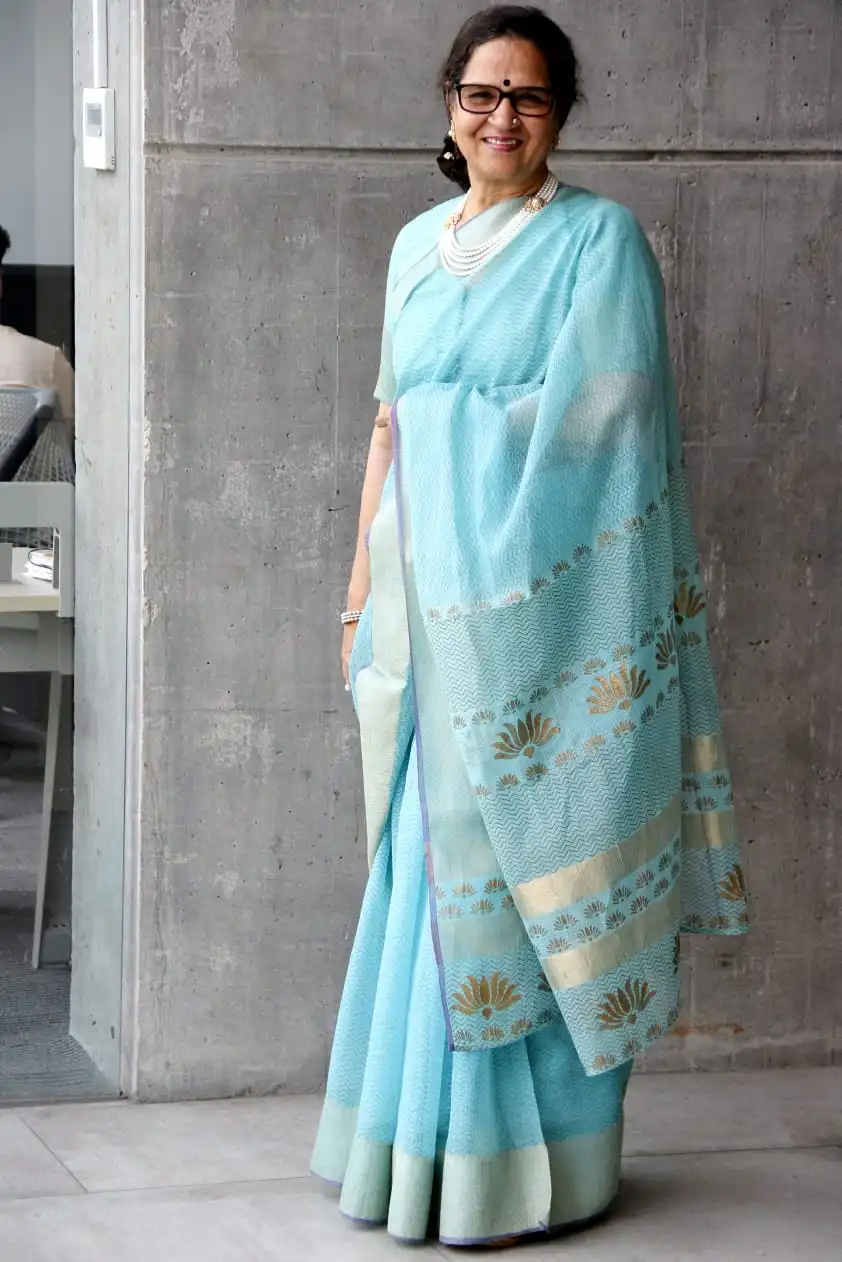
Emotional wellness awareness is crucial for creating a more equitable society. In underserved communities facing challenges like poverty, crime and social stigma, there is no avenue for youngsters to understand and express their feelings, leave alone address them effectively. By prioritising emotional wellness, we can advocate for better mental health resources, such as counselling and awareness workshops, which are really needed in these areas.
Talking about emotional wellness also helps break the stigma around mental health, which leads to more understanding and acceptance. Educating people on emotional wellness enables them to recognise and express their feelings, and empowers them to make informed decisions and strengthen relationships, thus leading to healthier families and communities.
Addressing emotional wellness at the grassroots level even prevents violence and crime; when people learn to manage their emotions, they are less likely to engage in destructive behaviour. Additionally, emotional wellness supports academic success — students who feel emotionally supported tend to perform better. By raising awareness and ensuring access to resources, we can build healthier, more resilient communities for all.
The Sleepwell Foundation’s work spans from urban metros to rural villages. How do you ensure that the programs initiated by the Sleepwell Foundation maintain long-term impact and sustainability?
The Sleepwell Foundation operates in both urban areas and rural villages, aiming for lasting impact through several key strategies:
First, we organise high-quality awareness workshops on various topics for grassroots youth in city and village schools, colleges, and institutions like ITIs, hospitals, Delhi Transport Corporation etc that drive real change for participants. Our ‘best in field’ resource persons are our strength. We maintain these standards, regularly updating content to keep it relevant. We focus on being proactive, which helps us have a long term impact. Collaboration is essential; by partnering with government agencies, NGOs, and businesses, we enhance our reach and resources, making our programmes more sustainable. We keep in constant contact with our beneficiaries, updating them about our activities and efforts.
We also offer a variety of courses tailored for urban and rural youth, women, and marginalized communities, ensuring relevance and effectiveness. Our Skill Development Centre in Mirpur Khurja exemplifies our commitment to sustainable solutions, helping thousands gain vital skills and opportunities.

Under your leadership, the Sleepwell Foundation has been producing two impactful verticals of films – ‘Zindagi with Richa’, and ‘Baatein Dil Ki’. The storytelling is inspiring and educational. What inspired these initiatives?
‘Zindagi with Richa’ is about shining a light on the amazing potential in everyday common people. We want to share the inspiring stories of everyday heroes who have faced tough challenges, but still made a real difference in their lives and the lives of communities. These stories celebrate resilience, emotional strength and transformation, encouraging viewers to recognise their own power to create change.

‘Baatein Dil Ki’ emerged during the COVID-19 pandemic, addressing the urgent need for emotional and mental health support when we were unable to conduct offline workshops. It actually was a blessing in disguise. Transitioning to social media allowed us to reach a much wider audience. ‘Baatein Dil Ki’ covers various relevant topics and aims to create a nurturing environment where emotional wellness can thrive.
Your work in rural areas, like the Skill Development Centre in Khurja, is remarkable. Please give us an insight into it.
I’d love to share more about the Skill Development Centre in Khurja! This inspiring initiative by the Sleepwell Foundation aims to empower rural youth by addressing the critical need for employable skills in underserved communities.

The center offers a diverse range of training programs, including computer skills, fashion designing, software development, beautician courses, and paramedical training, alongside pre-recruitment preparation for armed and allied uniformed forces. These courses align with local demand, catering to various interests and strengths.
Importantly, we take a holistic approach, focusing not only on technical skills but also on soft skills like Personality Development, Spoken English, Management Skills and 10-day Awareness Workshops on Proactive Emotional Wellness. This helps trainees build confidence and resilience, benefitting their personal lives as well.

As National President of FICCI-FLO, you launched Young FLO to nurture young women leaders. What advice would you give young women today who aspire to drive social change in the way you have?
Firstly, embrace your passion. Identify issues that resonate with you; your honest intention and enthusiasm will inspire others to join your cause. Next, equip yourself with relevant knowledge and skills to advocate effectively for change. Build a strong network. Surround yourself with like-minded individuals and mentors who can guide you, opening doors to new opportunities. Take initiative — don’t wait for the perfect moment. Start small in your community; every effort counts and can spark larger movements.
Resilience is essential, as social change comes with challenges. Stay committed, learn from setbacks, and keep pushing forward. Effective communication is also key — articulate your ideas clearly to mobilize support and raise awareness.
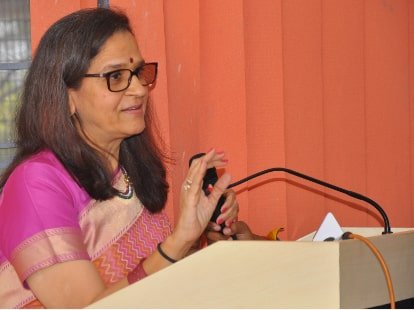
Leverage technology to reach wider audiences, and measure your impact by setting clear goals. Finally, stay true to your values; integrity and authenticity will guide your actions.
Looking ahead, what are your aspirations for the future of the Sleepwell Foundation?
We have ambitious plans for the Sleepwell Foundation. A key goal is to scale up our initiatives in depth and scope. We aim to open more skill development centers near our manufacturing plants all over India, responding to the growing demand for vocational training in those communities.
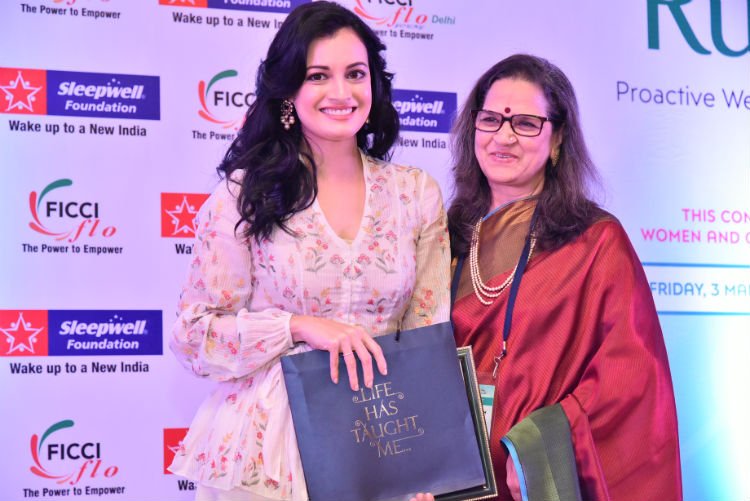
In emotional wellness, we see vast potential and need. And we’re committed to see that nobody suffers emotionally due to a lack of awareness of emotional well-being. This proactive approach is part of the core DNA of the Sleepwell Foundation.
